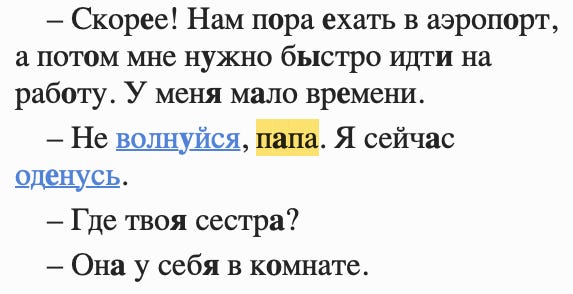5 Books That Helped Me Learn a Foreign Language
A list of books that helped me learn a new language.
Lately I’m publishing more articles exclusive to my paid subscribers (like this one), so, please, consider becoming a paid subscriber.
Language learning books are usually confused with textbooks full of grammar exercises one gets for homework. However, language-learning books shouldn’t be perceived differently from those non-fiction books we would read to get inspiration and learn something new.
That’s why I made a list of books that motivated me to learn multiple languages, inspired me to learn the fun way, and debunked myths we often come across when learning a new language.
These 5 books cover different approaches to learning a foreign language. Become fluent in any language by finding the right approach for you.
#1 Short Stories for Beginners by Olly Richards
Unlike all the books in this list, Short Stories for Beginners focuses only on captivating stories specially designed for language learners from beginner to intermediate level.
The Short Stories books are available in 15 languages. Some of them are French, Italian, English, German, Russian and Spanish. Each book has around eight stories from different genres, from science fiction and crime to history and thriller. On top of that, the vocabulary used includes mostly the 1000 most frequent words, which I consider essential to learn when you just started learning a new language.
I can say that the stories are entertaining and fun, but what I like the most in the books is that they contain comprehension questions, a plot summary after each chapter (great for not getting lost), a glossary for bolded words in each text (good for vocabulary learning) and most importantly word stress is shown on each word (at least in some books).

Word stress is key for learning to speak words the right way from the very beginning. This will help you understand natives easily in the future and avoid bad pronunciation. For example, if you’re learning Russian, the book will show that “папа” (dad) should be pronounced pApa, not papA.
Keep reading with a 7-day free trial
Subscribe to AI Girl to keep reading this post and get 7 days of free access to the full post archives.


